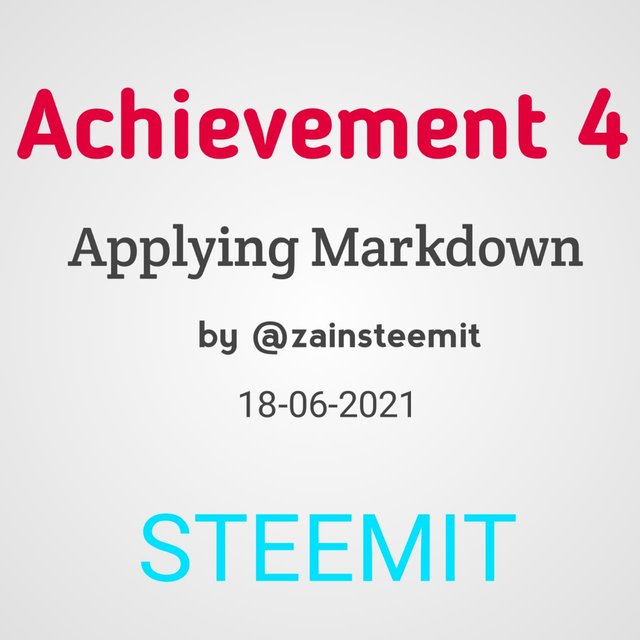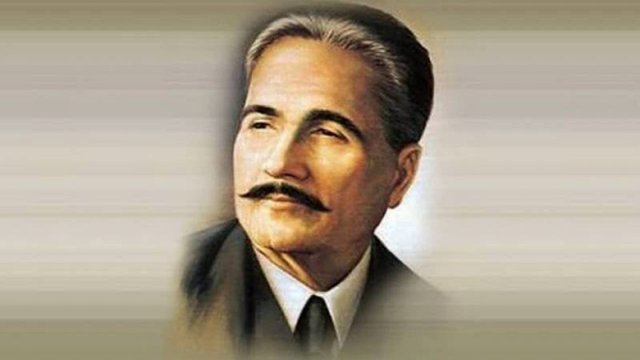Achievement 4 by @zainsteemit || Applying Markdown 18-06-2021
Good tidings from @zainsteemit to all steemians. I have finished 3 Achievement 3 || by @zainsteemit. Presently I will do my accomplishment job 4. This undertaking is tied in with applying markdowns. Markdowns are vital to make a quality post. By applying markdowns I can make my post more appealing and more nitty gritty. Presently I will show some utilization of markdowns. Prior to beginning I'm appreciative to @cryptokannon for assisting me with excursion complete my assignments.
Iqbal wrote both in Persian and Urdu, and is often regarded as the poet-philosopher of the East who addressed the Muslim ummah, believed in the philosophy of wahdatul wujood, and propounded the philosohy of khudi, or selfhood, which called for self-realisation and the discovery of the hidden talent with love and perseverance. Beyond that lay the stages of complete submission and forgetfulness which, he thought, was the ultimate stage of khudi. Iqbal dreamt of the ‘complete man’ and also entered into a metaphoric dialogue with the divine. His poetry emerged as a remarkable site where message and art coalesced, as he re-configured major poetic devices like metaphor, myth, and symbol to re-visit history, philosophy and the Islamic faith to develop his individual vision. He has left behind his collections of poems, Asraar-e Khudi, Rumooz-e Bekhudi, Baang-e Daraa, Baal-e Jibreel, Payaam-e Mashriq, Zaboor-e ‘Ajm, Javed Naama, Zarb-e Kaleem, and Armaghaan-e Hijaz, apart from his lectures collected in English as The Reconstruction of Religious Thought in Islam, and other works on the Eastern worldview.
“But only a brief moment is Granted to the brave One breath or Two, Whose Wage is the Long nights of the Grave.”
_Ilama Iqbal
“Vision without Power does bring moral elevation but cannot give a lasting culture.” _Ilama Iqbal
| Question | Answer |
|---|---|
| Born | 9 November 1877 |
| Died | 21 April 1938 |
| Religion | Islam |
Thank You All
Hope You Like My work



You have post the achievement in wrong community. Post in NewComer's Community
Oh sorry